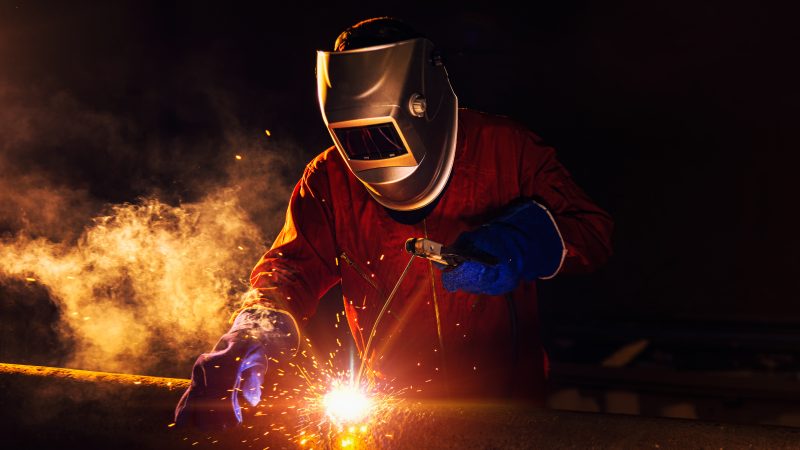
Since Boris Johnson said steelworkers should vote for Brexit because it was “mad that we can’t cut steel energy costs because of EU rules”, we might have expected some action to follow. But here we are, six years on, and steelworkers are still waiting for this government to lift a finger to help us.
Our steelmakers are paying 61% more for electricity than our German competitors, which is simply not sustainable and threatens jobs. The driver of this difference is the crippling policy costs that are levied on our steelmakers, so helping us is in the government’s gift. Over the past five years, this price disparity has cost the sector £254m, money that should have been invested in our plants and our people.
For years, our steelworkers have competed with one hand tied behind their backs due to our government’s failure to bring down energy prices. However, the ongoing and worsening energy crisis, combined with the imperative to decarbonise, has turned what was a serious competitive disadvantage into an existential threat to British steelmaking.
Our government has been portraying soaring energy prices as a global problem, but the fact is its failure to plan has meant our steel companies have been hit harder than EU competitors. Moreover, we have been watching EU governments acting decisively to support their industries, even though they have been less severely affected, while our government continues to sit on its hands.
The signs are that energy prices will remain high for the foreseeable future, and the actions of Russia are turning a bad situation into a critical one. Ministers suggest that investing in nuclear and renewable energy is the answer to deliver competitive prices and energy security, but our steel industry needs solutions now, not in a decade’s time! Already, we are seeing production pauses in our companies, and without action those pauses will become more frequent and increasingly serious.
British steelworkers are calling on the government to act now to support us through this energy crisis and close the gap between British and EU energy prices which costs our industry £50m a year. We need a level playing field to compete, and crucially to enable us to transition to greener steelmaking. We know all the available low-carbon technologies are going to require more electricity use and huge investments, and to secure those investments we must have a competitive business environment.
Our steel industry directly employs more than 30,000 workers and twice as many again in the supply chain and local communities. Steel jobs are high-quality jobs with good terms and conditions, each of which can pay 50% more than regional averages. These steel jobs drive and sustain local economies and are concentrated in parts of the country that should be the focus of ‘levelling up’.
As we seek to decarbonise our economy, a sustainable British steel sector is not only important for jobs and prosperity, it’s vital for secure supply chains and access to low-carbon steel. The green industries of the future like offshore wind, nuclear and electric cars are all going to require a reliable domestic supply of millions of tonnes of steel. If we are serious about combatting climate change, it would be nonsensical to transport these steels from the other side of the world.
The government can’t deliver net zero without a strong and green steel sector, and our sector can’t decarbonise without competitive energy prices. This government cannot hide behind EU rules any longer, and steelworkers are looking to Johnson to back them by demonstrating the benefits of Brexit to British jobs and industry.
There’s not a moment to lose as our EU competitors are already years ahead of us, because their governments have recognised the continued importance of their steel industries. Britain needs its steel, but the future of the industry hinges on whether government chooses to act on energy prices or continue to sit on the fence and watch as the industry declines.




More from LabourList
‘Unity or division’: Starmer’s message to voters in Gorton and Denton
Almost half of Labour members oppose plans to restrict jury trials, poll finds
‘How Labour can finally fix Britain’s 5G problem’